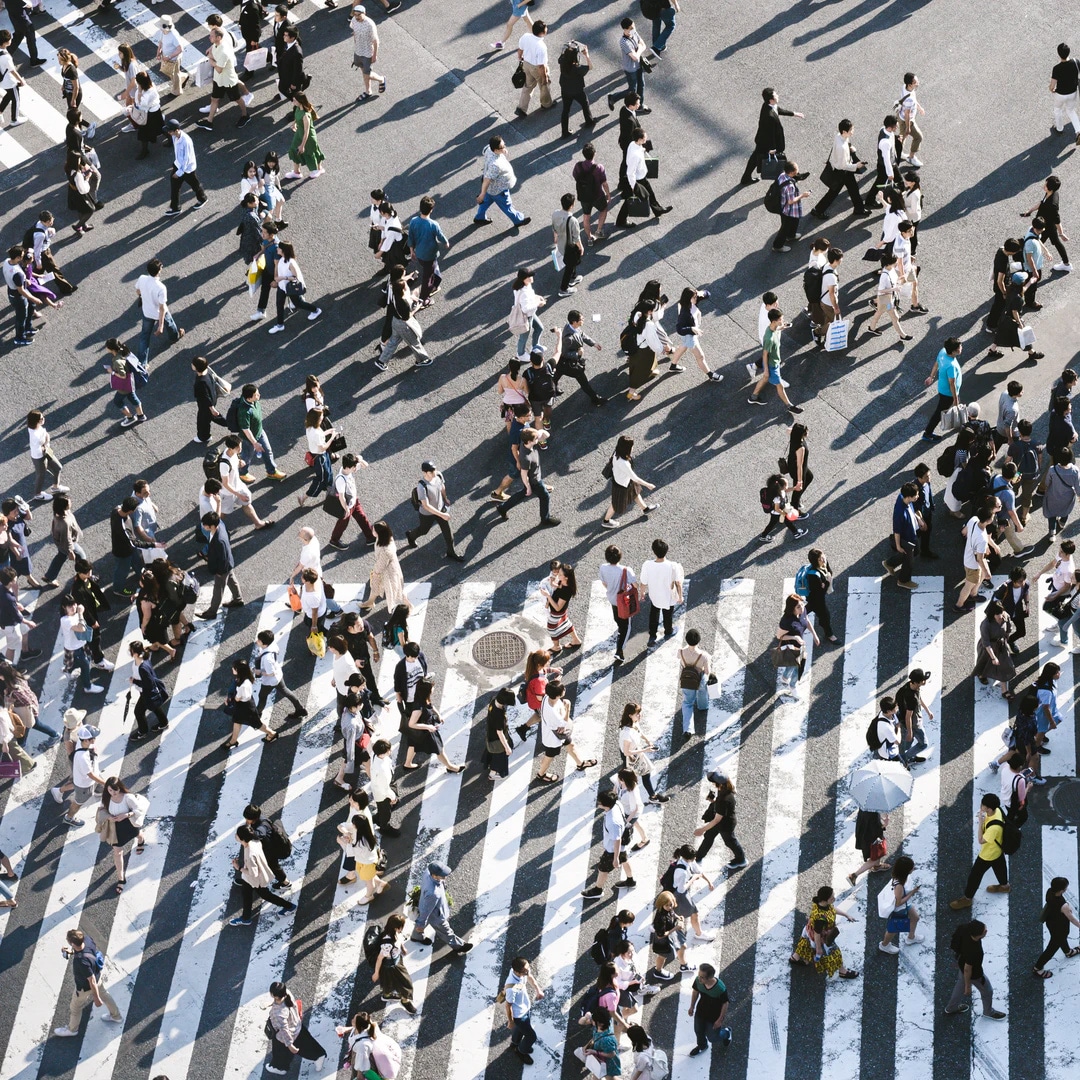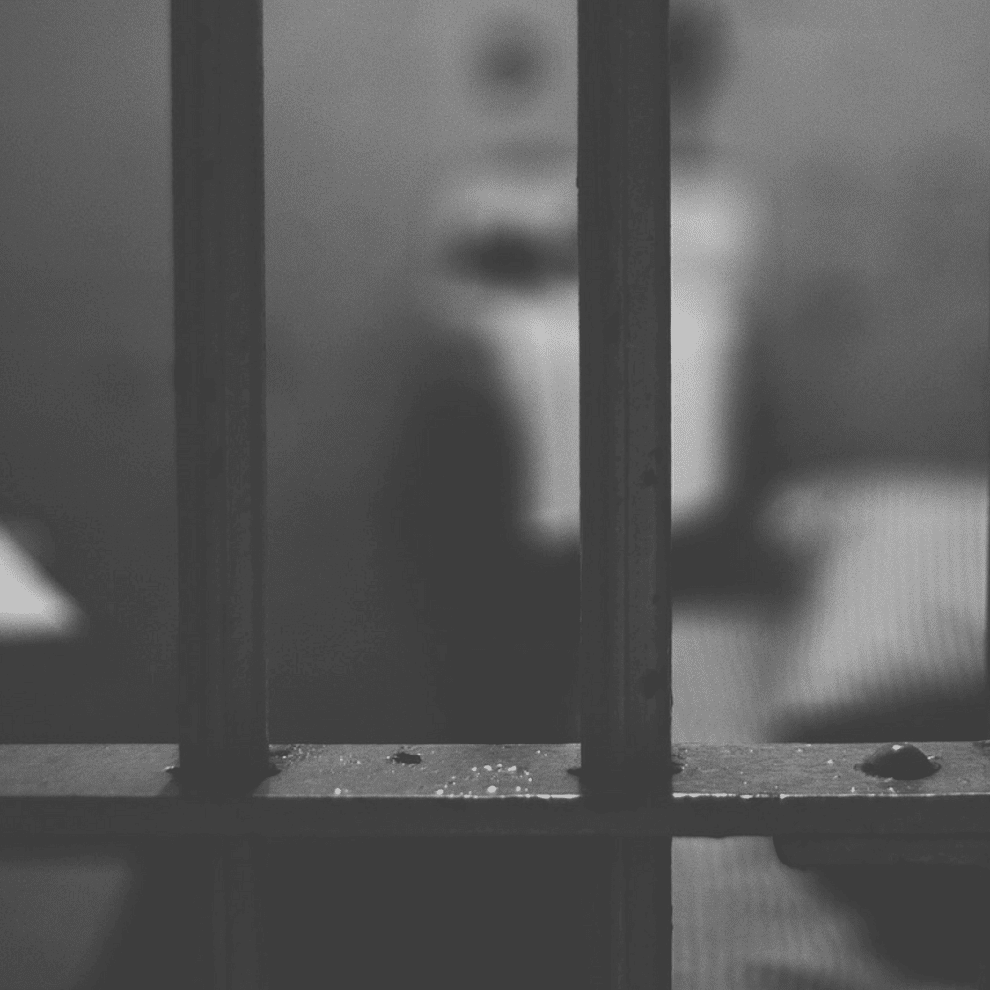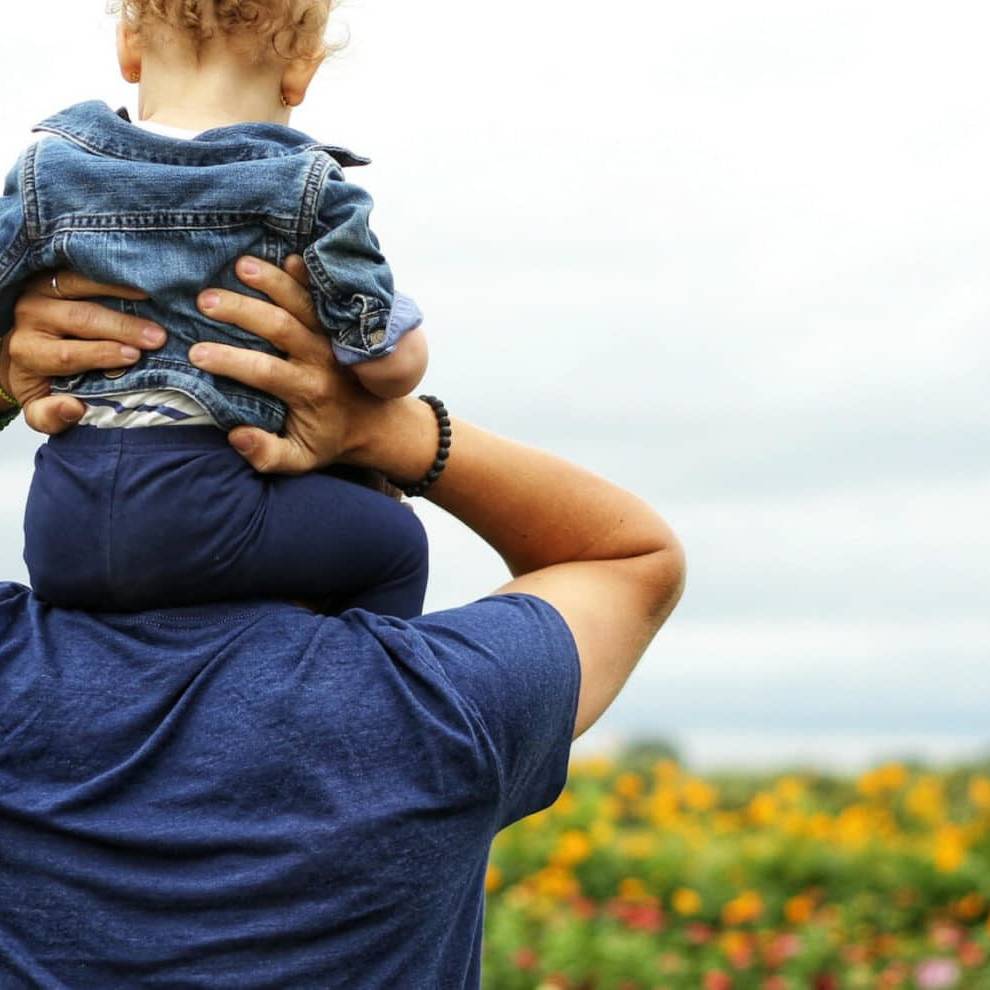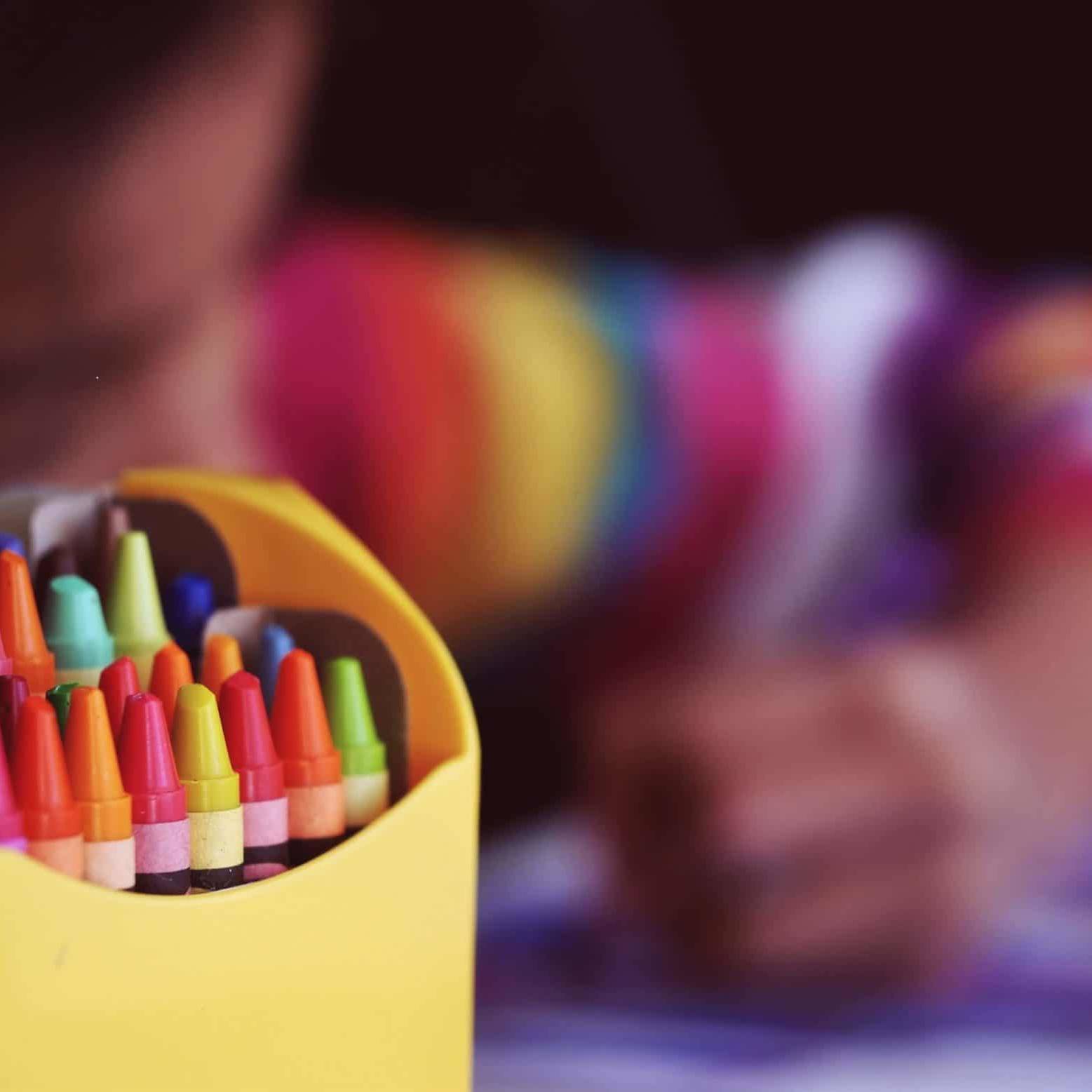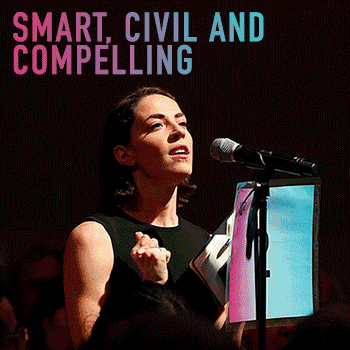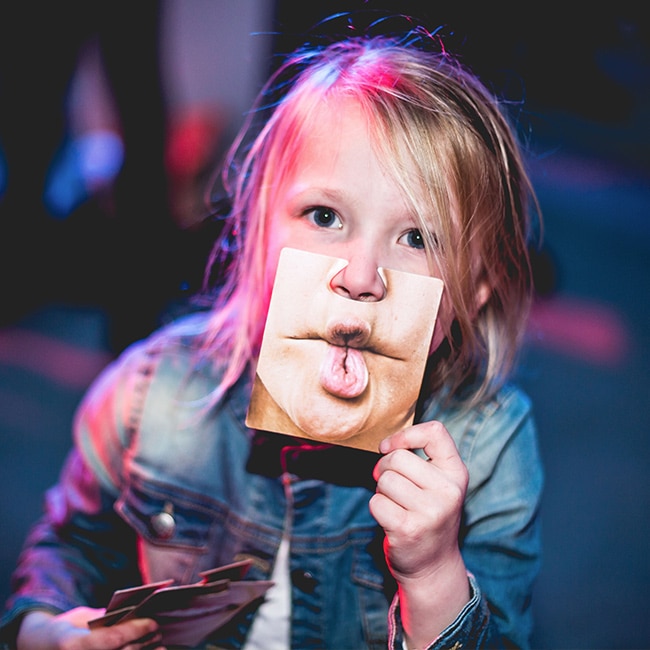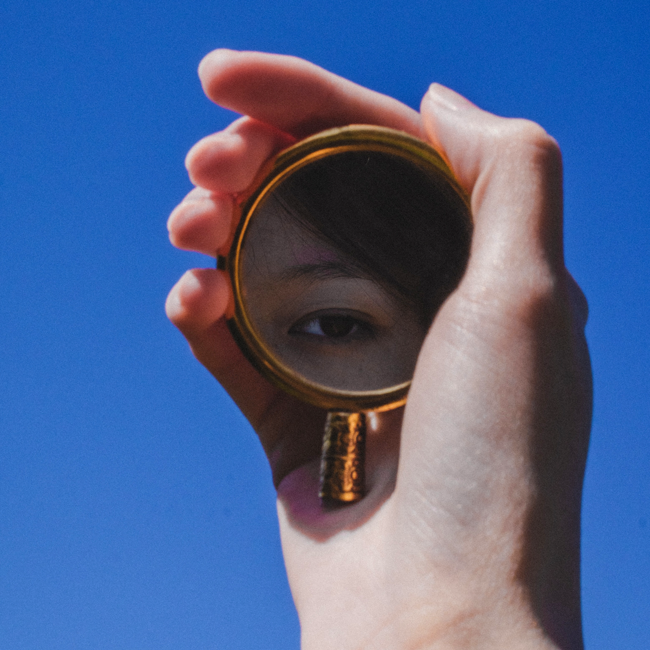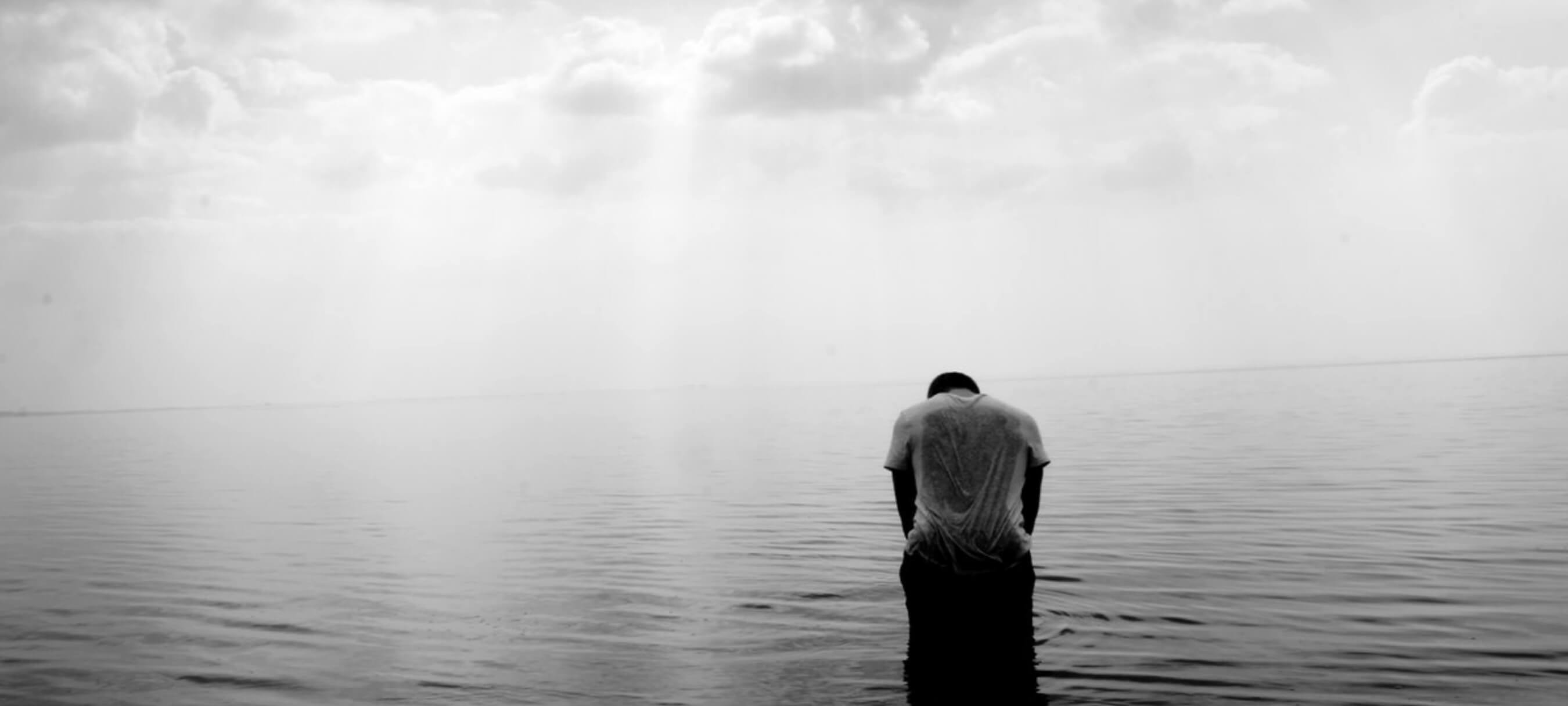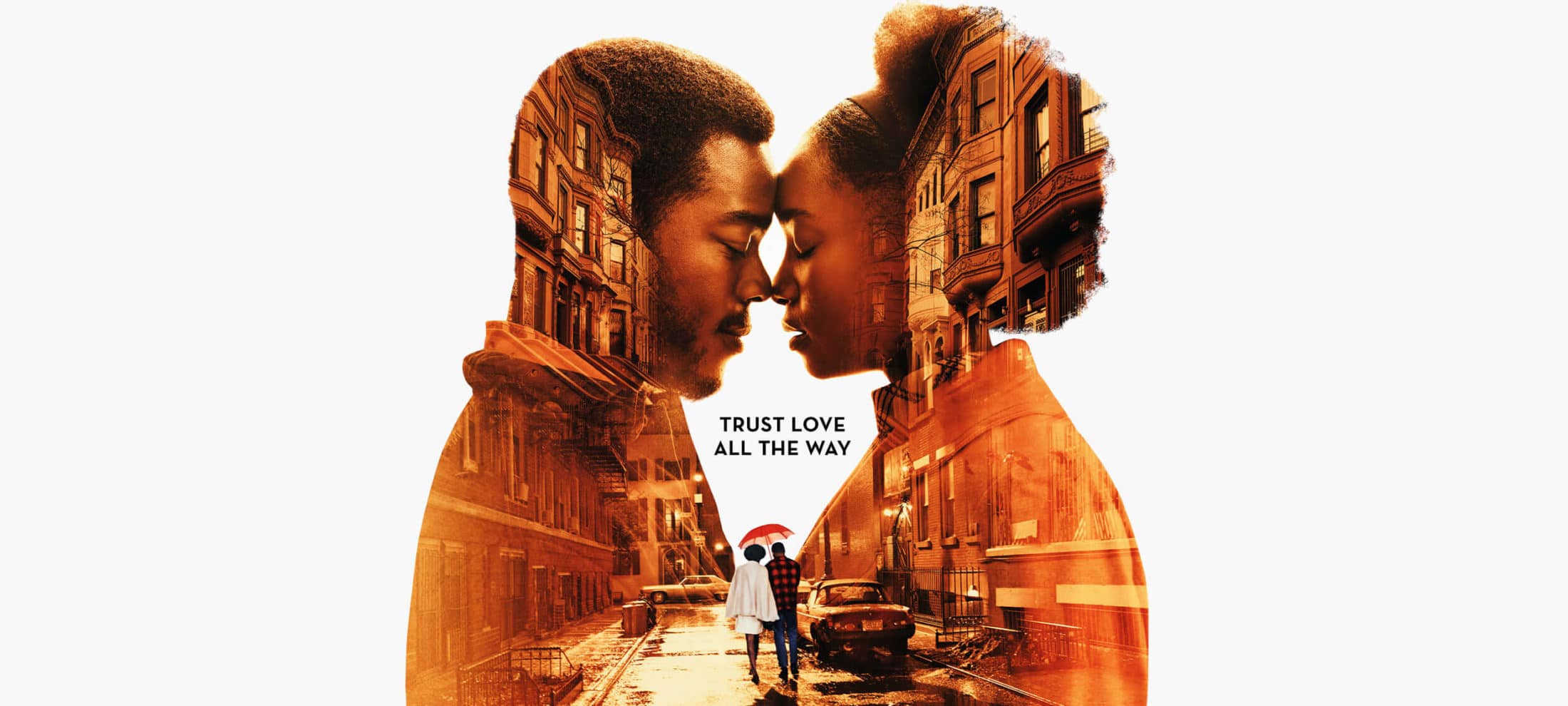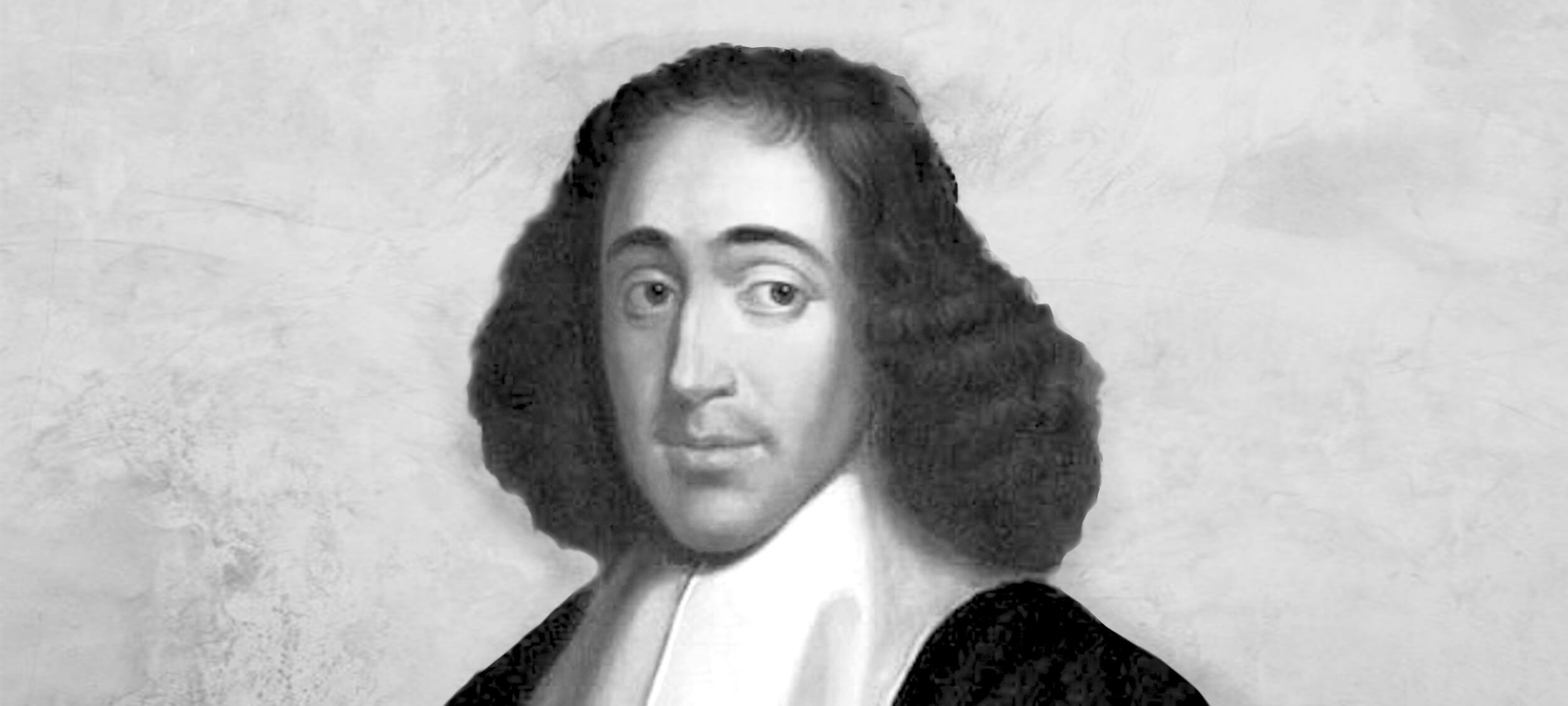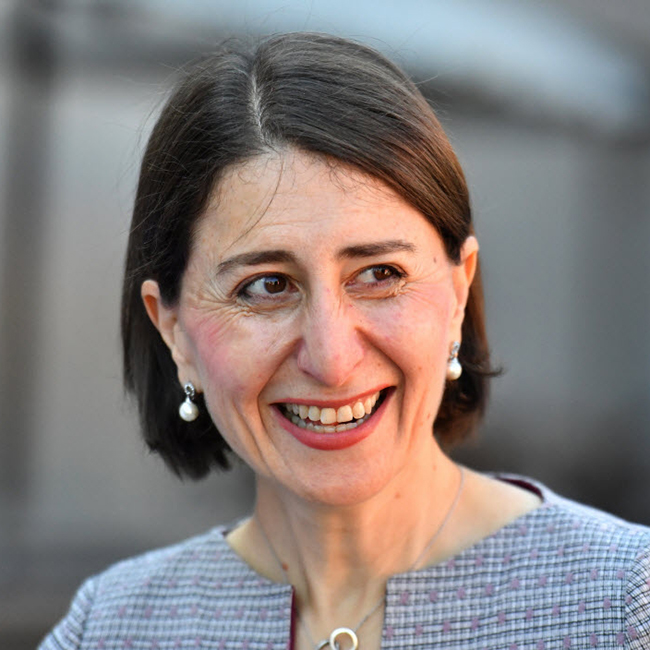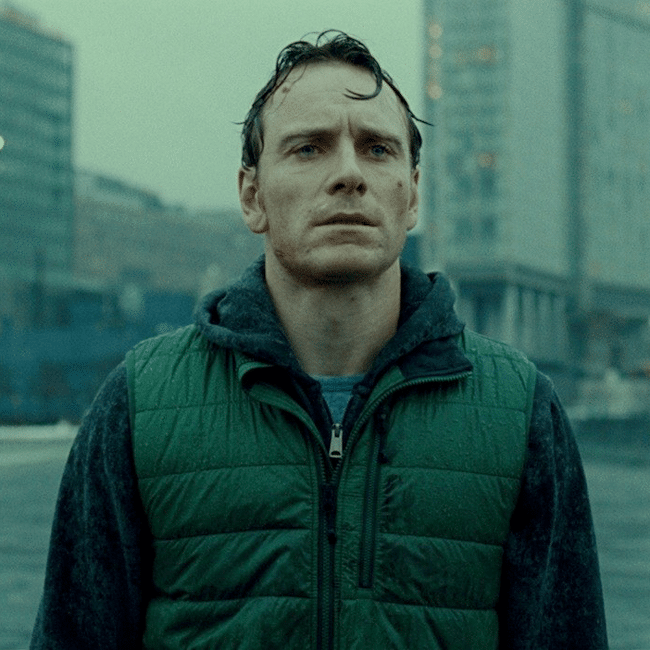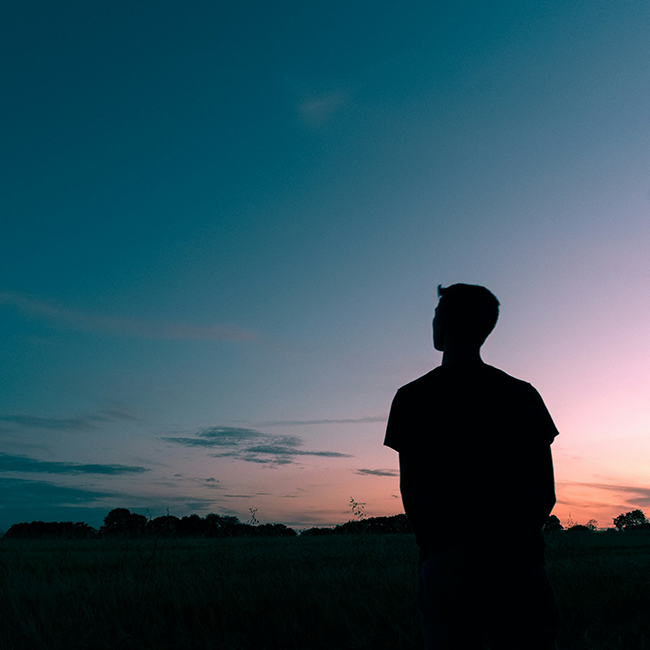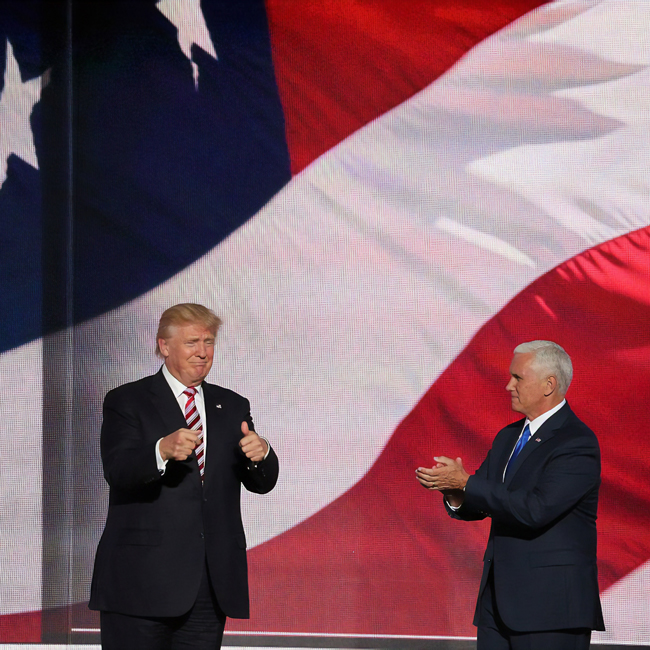Ethics Explainer: Plato's Cave

Plato’s allegory of the cave is a classical philosophical thought experiment designed to probe our intuitions about epistemology – the study of knowledge.
This story offers the reader an insight into one of Plato’s central concepts, namely, that eternal and unchanging ideas exist in an intellectual realm which we can only access through pure Reason.
Western philosophy may be traced back to Ancient Greece. We have a record of Socrates’ (469-399 BCE) oral teachings through the writings of his student, Plato (427-347 BCE). In these Socratic Dialogues, Socrates argues with his interlocutors in an effort to seek truth, meaning, and knowledge. Plato’s Republic is the best known of these and, in book VII, Socrates presents Glaucon (Plato’s older brother) with an unusual image:
Imagine a number of people living in an underground cave, which has an entrance that opens towards the daylight. The people have been in this dwelling since childhood, shackled by the legs and neck, such that they cannot move nor turn their heads to look around. There is a fire behind them, and between these prisoners and the fire, there is a low wall.
Rather like a shadow puppet play, objects are carried before the fire, from behind the low wall, casting shadows on the wall of the cave for the prisoners to see. Those carrying the objects may be talking, or making noises, or they may be silent. What might the prisoners make of these shadows, of the noises, when they can never turn their heads to see the objects or what is behind them?
Socrates and Glaucon agree that the prisoners would believe the shadows are making the sounds they hear. They imagine the prisoners playing games that include naming and identifying the shadows as objects – such as a book, for instance – when its corresponding shadow flickers against the cave wall. But the only experience of a ‘book’ that these people have is its shadow.
After suggesting that these prisoners are much like us – like all human beings – the narrative continues. Socrates tells of one prisoner being unshackled and released, turning to see the low wall, the objects that cast the shadows, the source of the noises as well as the fire.
While the prisoner’s eyes would take some time to adjust, it is imagined that they now feel they have a better understanding of what was causing the shadows, the noises, and they may feel superior to the other prisoners.
This first stage of freedom is further enhanced as the former prisoner leaves the cave (they must be forced, as they do not wish to leave that which they know), initially painfully blinded by the bright light of the sun.
The liberated one stumbles around, looking firstly only at reflections of things, such as in the water, then at the flowers and trees themselves, and, eventually, at the sun. They would feel as though they now have an even better understanding of the world.
Yet, if this same person returned to the dimly lit cave, they would struggle to see what they previously took for granted as all that existed. They may no longer be any good at the game of guessing what the shadows were – because they are only pale imitations of actual objects in the world.
The other prisoners may pity them, thinking they have lost rather than gained knowledge. If this free individual tried to tell the other prisoners of what they had seen, would they be believed? Could they ever return to be like the others?
The remaining prisoners certainly would not wish to be like the individual who returned, suddenly not knowing anything about the shadows on the cave wall!
Socrates concludes that the prisoners would surely try to kill one who tried to release them, forcing them into the painful, glaring sun, talking of such things that had never been seen or experienced by those in the cave.
Interpreting the Allegory of the Cave
There are multiple readings of this allegory. The text demonstrates that the Idea of the Good (Plato capitalises these concepts in order to elevate their significance and refer to the idea in itself rather than any one particular instantiation of that concept), which we are all seeking, is only grasped with much effort.
Our initial experience is only of the good as reflected in an earthly, embodied manner. It is only by reflecting on these instantiations of what we see to be good, that we can start to consider what may be good in itself. The closest we can come to truly understanding such Forms (the name he gives these concepts), is through our intellect.
Human beings are aiming at the Good, which Medieval philosophers and theologians equated with God, but working out what the good life consists of is not easy! Plato claims each Soul (or mind) chooses what is good, saying:
“But, whether true or false, my opinion is that in the world of knowledge the idea of good appears last of all, and is seen only with an effort.”
Ethics in your inbox.
Get the latest inspiration, intelligence, events & more.
By signing up you agree to our privacy policy
You might be interested in…
Opinion + Analysis
Health + Wellbeing, Relationships, Science + Technology
How to put a price on a life – explaining Quality-Adjusted Life Years (QALY)
Opinion + Analysis
Health + Wellbeing, Relationships
Should you celebrate Christmas if you’re not religious?
Opinion + Analysis
Society + Culture, Relationships
Whose fantasy is it? Diversity, The Little Mermaid and beyond
WATCH
Relationships
Virtue ethics
BY Dr Laura D’Olimpio
Dr Laura D’Olimpio is senior lecturer in philosophy of education at the University of Birmingham, UK, and co-edits the Journal of Philosophy in Schools.
Workplace romances, dead or just hidden from view?

Workplace romances, dead or just hidden from view?
Opinion + AnalysisBusiness + LeadershipRelationships
BY Fiona Smith 17 MAR 2019
Falling in love at work seems kind of quaint in the age of Tinder. But it still happens, despite the convenience of “swiping right” on strangers via dating sites.
The practice of getting to know someone before asking them out to dinner may intrigue some of your younger colleagues, but it still had its attractions for the 11 per cent of heterosexual couples who met through work in 2017.
So dating apps have not yet killed the office romance, but they have put the squeeze on it. At the “birth” of the internet, in 1995, 19 per cent of heterosexual couples said they met as, or through, colleagues, according to research by Stanford University in the US.
If fewer people are “coupling up” at work, the reasons should be pretty obvious. Negotiating a romance at work has always been somewhat tricky but has become even more so as employers tighten their human resources policies around how such relationships should be conducted.
Just like the “bonking ban” in Federal Parliament, which now rules out affairs between Ministers and their staff, many companies now have policies about when relationships must be declared and that prevent couples from being in charge of each other at work.
Employers are also mindful of the lessons learned from the #Metoo anti-sexual harassment movement, which has raised awareness that people can be deeply hurt by repeated and unwanted sexualised attention – especially from their bosses.
Trouble starts when ‘no’ is ignored
There will always be people who resist social change. However, the CEO of Relationships Australia, Elisabeth Shaw, quickly dismisses protestations by those who say morality-policing has gone too far in interfering in employees’ personal lives.
“The reality is: the sort of examples that make it into the public domain are those who haven’t taken no for an answer. They have kept up a level of sexual banter or flirtation that isn’t wanted,” she says.
Shaw says relationships become troublesome when the couple have an unequal power relationship. In practice, this usually means a male boss and a female who reports to him. Someone is often required to give up their job.
“The repercussions are that it is the woman who suffers. It is usually the woman who has the less valuable job and can be the one who people think should leave,” she says.
“The person in the subordinate job is the most vulnerable.”
‘None of us are islands’
If the relationship is an affair, that adds another layer of difficulty. The necessary secrecy leads to suspicion about how and why people are favoured by the boss.People in the midst of an affair tend to get lost in their own experience and forget that “none of us are islands”, she says. “What they do does affect the group.”
This is especially the case when the spouses of the couple are known to the group and onlookers start to feel morally compromised, as if they are colluding in the affair.
How colleagues view office romances can also depend on whether the people involved are well-liked and respected. Another factor is whether onlookers believe that they will be adversely affected – they may be shut out of work-related conversations between the pair and, if one of the couple is a boss, there may be favouritism towards their lover.
“There could be pillow talk, they could feel their own career is disadvantaged, that will also turn the heat up,” says Shaw.
When to tell
Deciding when to disclose the relationship is difficult – even when things seem straightforward. Should it be after the second date, when you agree to see each other exclusively, or after you tell your families?
“Everyone would pick a different moment where they would call it a relationship,” says Shaw. “When do they have a right to privacy as adults and when do they have a duty to others?“Some would argue if they keep it discreet and it doesn’t impact anybody, should they ever have to tell anybody?”
The CEO of human resources consultancy, mwah (Making Working Absolutely Human), Rhonda Brighton-Hall, has spent her career in large organisations and says that it is unfortunate that the relationships that most need to be reported are also the least likely to be reported.
These are the boss-subordinate romances.“I think the ones that don’t get reported are where the power difference is massive. There is something about that that creates gossip, puts people on tenterhooks, upsets the people around them,” she says.
“If you a very senior leader, your integrity and ethics of relationships are visible to people. You attract more judgement and that is probably not unfair if you are holding yourself up as a role model of good behaviour and honesty and integrity.”
“However, if they are not in a reporting line, they don’t need to notify anyone.”
In the absence of a handy app, Shaw offers a few guidelines to ensure lovers end up on the right side of the HR department (and out of the headlines).
Yes, you can find romance at work.
5 Easy steps:
- No means no: You can ask once, but take no for an answer
- Right place, right time: When indicating your non-work-related interest, make sure you are not at work. Ask them out for a coffee or a walk.
- Who’s on top?: Be aware of power imbalances between the two of you. The person with less power at work tends to be most adversely affected if things go sour.
- Create distance: Once the relationship looks like it may be ongoing, ideally one of the two would transfer to another department or employer. It is better for the relationship and better for the workplace.
- Tell someone: Once you consider yourself “dating” a colleague, you need to tell someone at work. That could be your manager or HR. It could even be a “critical friend” at work, who is likely to tell you if your relationship is affecting others.
MOST POPULAR
ArticleBeing Human
Philosophy must (and can) thrive outside universities
ArticleBeing Human
Ozi Batla: Fatherhood is the hardest work I’ve ever done
ArticleHEALTH + WELLBEING
Parent planning – we should be allowed to choose our children’s sex
BY Fiona Smith
Fiona Smith is a freelance journalist who writes about people, workplaces and social equity. Follow her on Twitter @fionaatwork
If humans bully robots there will be dire consequences

If humans bully robots there will be dire consequences
Opinion + AnalysisRelationshipsScience + Technology
BY Fiona Smith 13 MAR 2019
HitchBOT was a cute hitchhiking robot made up of odds and ends as an experiment to see how humans respond to new technology. Two weeks into its journey across the United States, it was beheaded in an act of vandalism.
For most of its year-long “world tour” in 2015, the Wellington-boot wearing robot was met with kindness, appearing in “selfies” with the people who had picked it up by the side of the road, taking it to football games and art galleries.
However, the destruction of HitchBOT points to a darker side of human psychology – where some people will act out their more violent and anti-social instincts on a piece of human-like technology.
A target for violence
Manufacturers of robots are well aware that their products can become a target, with plenty of reports of wilful damage. Here’s a brief timeline of the types of bullying human’s have inflicted on our robotic counterparts in recent years.
- The makers of a wheeled robot that delivers takeaway food in business parks reported that people kick or flip over the machines for no apparent reason.
- Homeless people in the US threw a tarpaulin over a patrolling security robot in a carpark and smeared barbeque sauce over its lenses.
- Google’s self-driving cars have been attacked. Children in Japan have reportedly attacked robots in shopping malls, leading their designers to write programs to help them avoid small people.
- In less than 24 hours after its launch, Microsoft’s chatbot “Tay” had been corrupted into a racist by social media users who encouraged its antisocial pronouncements.
Researchers speculated to the Boston Globe that the motives for these attacks could be boredom or annoyance at how the technology was being used. When you look at those examples together, is it fair to say we are we becoming brutes?
Programming for human behaviour
While manufacturers want us to be kind to their robots, researchers are examining the ways human behaviour is changing in response to the use of technology.
Take the style of discourse on social media, for example. You don’t have to spend long on a Facebook or Twitter discussion before you are confronted with an example of written aggression.
“I think people’s communications skills have deteriorated enormously because of the digital age,” says Tania de Jong, founder and executive producer of the Creative Innovation summit, which will be held in Melbourne in April.
“It is like people slapping each other – slap, slap slap. It is like common courtesies that we took for granted as human beings are being bypassed in some way.”
Clinical psychologist Louise Remond says words typed online are easily misinterpreted. “The verbal component is only 7 per cent of the whole message and the other components are the tone and the body language and those things you get from interacting with a person.”
The dark power of anonymity
“The disinhibition of anonymity, where people will say things they would never utter if they knew they were being identified and observed, is another factor in poor online behaviour. But, even when people are identifiable, they sometimes lose sight of how many people can see their messages.” says Remond, who works at the Kidman Centre in Sydney.
Text messaging is abbreviated communication, says Dr Robyn Johns, Senior Lecturer in Human Resource Management at the University of Technology, Sydney. “So you lose that tone and the intention around it and it can come across as being quite coarse,” she says.
Is civility at risk?
If we are rude to machines, will we be rude to each other?
If you drop your usual polite attitude when dealing with a taxi-ordering chatbot are you more likely to treat a human the same way? Possibly, says de Jong. The experience of call centre workers could be a bad omen: “A lot of people are rude to those workers, but polite to the people who work with them.”
“Perhaps there is a case to be made that we all need to be a lot more respectful,” says Jong, who founded the non-profit Creativity Australia, which aims to unlock the creativity of employees.
“A general rule, if we are going to act with integrity as whole human beings, we are not going to have different ways of talking to different things.”
The COO of “empathetic AI” company Sensum, Ben Bland, recently wrote that his company’s rule-of-thumb is to apply the principle of “don’t be a dick” to its interactions with AI.
“ … we should consider if being mean to machines will encourage us to become meaner people in general. But whether or not treating [digital personal assistant] Alexa like a disobedient slave will cause us to become bad neighbours, there’s a stickier aspect to this problem. What happens when AI is blended with ourselves?,” he asks in a column published on Medium.com.
“With the adoption of tools such as intelligent prosthetics, the line between human and machine is increasingly blurry. We may have to consider the social consequences of every interaction, between both natural and artificial entities, because it might soon be difficult or unethical to tell the difference.”
Research Specialist at the MIT Media Lab, Dr Kate Darling, told CBC news in 2016 that research shows a relationship between people’s tendencies for empathy and the way they treat a robot.
“You know how it’s a red flag if your date is nice to you, but rude to the waiter? Maybe if your date is mean to Siri, you should not go on another date with that person.”
Research fellow at MIT Sloan School’s Center for Digital Business, Michael Schrage, has forecast that “ … being bad to bots will become professionally and socially taboo in tomorrow’s workplace”.
“When “deep learning” devices emotionally resonate with their users, mistreating them feels less like breaking one’s mobile phone than kicking a kitten. The former earns a reprimand; the latter gets you fired, he writes in the Harvard Business Review.
Need to practise human-to-human skills
Johns says we are starting to get to a “tipping point” where that online style of behaviour is bleeding into the face-to-face interactions.
“There seems to be a lot more discussion around people not being able to communicate face-to-face,” she says.
When she was consulting to a large fast food provider recently, managers told her they had trouble getting young workers to interact with older customers who wanted help with the automated ordering system.
“They [the workers] hate that. They don’t want to talk to anyone. They run and hide behind the counter,” says Johns, a doctor of Philosophy with a background in human resources.
The young workers vie for positions “behind the scenes” whereas, previously, the serving positions were the most sought-after.
Johns says she expects to see etiquette classes making a comeback as employers and universities take responsibility for training people to communicate clearly, confidently and politely.
“I see it with graduating students, those who are able to communicate and present well are the first to get the jobs,” she says.
We watch and learn
Remond specialises in dealing with young people – immersed in cyber worlds since a very young age – and says there is a human instinct to connect with others, but the skills have to be practised.
“There is an element of hardwiring in all of us to be empathetic and respond to social cues,” she says.
Young people can practice social skills in a variety of real-life environments, rather than merely absorbing the poor role models they find of reality television shows.
“There are a lot of other influences. We learn so much from the social modelling of other people. You can walk into a work environment and watch how other people interact with each other at lunchtime.”
Remond says employers should ensure people who work remotely have opportunities to reconnect face-to-face. “If you are part of a team, you are going to work at your best when you feel a genuine connection with these people and you feel like you trust them and you feel like you can engage with them.”
This article was originally written for The Ethics Alliance. Find out more about this corporate membership program. Already a member? Log in to the membership portal for more content and tools here.
MOST POPULAR
ArticleBeing Human
Philosophy must (and can) thrive outside universities
ArticleBeing Human
Ozi Batla: Fatherhood is the hardest work I’ve ever done
ArticleHEALTH + WELLBEING
Parent planning – we should be allowed to choose our children’s sex
BY Fiona Smith
Fiona Smith is a freelance journalist who writes about people, workplaces and social equity. Follow her on Twitter @fionaatwork
Employee activism is forcing business to adapt quickly

Employee activism is forcing business to adapt quickly
Opinion + AnalysisBusiness + LeadershipRelationships
BY The Ethics Centre 12 MAR 2019
It was not that long ago that publicly disagreeing with your employer’s business strategy or staging a protest without the protection of a union, would have been a sackable offence.
But not today – if you are among the business “elite”.
Last year, 4,000 Google employees signed a letter of protest about an artificial intelligence project with the Department of Defense. Google agreed not to renew the contract. No-one was fired.
Also at Google, employees won concessions after 20,000 of them walked out protesting the company’s handling of sexual harassment cases. Everyone kept their jobs.
Consulting firms Deloitte and McKinsey & Company and Microsoft have come under pressure from employees to end their work with the US Department of Immigration and Customs Enforcement (ICE), because of concerns about the separation of children from their illegal immigrant parents.
Amazon workers demanded the company stop selling its Rekognition facial recognition software to law enforcement.
Examples like these show that collective action at work can still take place, despite the decline of unionism, if the employees are considered valuable enough and the employer cares about its social standing.
The power shift
Charles Wookey, CEO of not-for-profit organisation A Blueprint for Better Business says workers in these kinds of protests have “significant agency”.
“Coders and other technology specialists can demand high pay and have some power, as they hold skills in which the demand far outstrips the supply,” he told CEO Magazine.
Individual protesters and whistle-blowers, however, do not enjoy the same freedom to protest. Without a mass of colleagues behind them, they can face legal sanction or be fired for violating the company’s code of conduct – as was Google engineer James Damore when he wrote a memo criticising the company’s affirmative action policies in 2017.
Head of Society and Innovation at the World Economic Forum, Nicholas Davis, says technology has enabled employees to organise via message boards and email.
“These factors have empowered employee activism, organisation and, indeed, massive walkouts –not just around tech, by the way, but around gender and about rights and values in other areas,” he said at a forum for The Ethics Alliance in March.
Change coming from within
Davis, a former lawyer from Sydney, now based in Geneva, says even companies with stellar reputations in human rights, such as Salesforce, can face protests from within – in this case, also due to its work with ICE.
“There were protesters at [Salesforce annual conference] Dreamforce saying: ‘Guys, you’re providing your technology to customs and border control to separate kids from their parents?,” he said.
Staff engagement and transparency
Salesforce responded by creating Silicon Valley’s first-ever Office of Ethical and Humane Use of Technology as a vehicle to engage employees and stakeholders.
“I think the most important thing is to treat it as an opportunity for employee engagement,” says Davis, adding that listening to employee concerns is a large part of dealing with these clashes.
“Ninety per cent of the problem was not [what they were doing] so much as the lack of response to employee concerns,” he says. Employers should talk about why the company is doing the work in question and respond promptly.
“After 72 hours, people think you are not taking this seriously and they say ‘I can get another job, you know’, start tweeting, contact someone in the ABC, the story is out and then suddenly there is a different crisis conversation.”
Davis says it is difficult to have a conversation about corporate social activism in Australia, where business leaders say they are getting resistance from shareholders.
“There’s a lot more space to talk about, debate, and being politically engaged as a management and leadership team on these issues. And there is a wider variety of ability to invest and partner on these topics than I perceive in Australia,” says Davis, who is also an adjunct professor with Swinburne University’s Institute for Social Innovation.
“It’s not an issue of courage. I think it’s an issue with openness and demand and shifting culture in those markets. This is a hard conversation to have in Australia. It seems more structurally difficult,” he says.
“From where I stand, Australia has far greater fractures in terms of the distance between the public, private and civil society sectors than any other country I work in regularly. The levels of distrust here in this country are far higher than average globally, which makes for huge challenges if we are to have productive conversations across sectors.”
This article was originally written for The Ethics Alliance. Find out more about this corporate membership program. Already a member? Log in to the membership portal for more content and tools here.
MOST POPULAR
ArticleBeing Human
Philosophy must (and can) thrive outside universities
ArticleBeing Human
Ozi Batla: Fatherhood is the hardest work I’ve ever done
ArticleHEALTH + WELLBEING
Parent planning – we should be allowed to choose our children’s sex
BY The Ethics Centre
The Ethics Centre is a not-for-profit organisation developing innovative programs, services and experiences, designed to bring ethics to the centre of professional and personal life.
What ethics should athletes live by?

What ethics should athletes live by?
Opinion + AnalysisHealth + WellbeingRelationships
BY The Ethics Centre 10 MAR 2019
Athletes are bound by multiple codes – including the formal rules of the games they play and the informal conventions that define what is deemed to be acceptable conduct.
Professional athletes are often bound by a more stringent code that governs many aspects of their public and private lives. In an era of social media and phone cameras, lucrative sponsorships and media rights, online sports betting and performance enhancing drugs, there is very little that isn’t regulated, measured or scrutinised.
The culture of sport
The formal rules of any game establish the minimum standards that bind players and officials equally in order to ensure a fair contest. Not surprisingly, the formal rules are relative to the sports that they define: you can tackle someone to the ground in a rugby match (provided they’re holding the ball), but it would be deemed unacceptable in tennis.
But there are also conventions and informal obligations that define the culture of sport. For example, most sports establish informal boundaries that seek to capture a spirit of good sportsmanship. The cricketer who refuses to “walk” after losing their wicket – or who delivers a ball under-arm – may not be breaking any formal rule, but they’ll be offending the so-called spirit of cricket.
The sanctions for such an offence may be informal, but may blight that player’s career.
A question of trust
In sport, the bottom line is trust. Sportspeople are stewards for the games they play – with an obligation not to destroy the integrity of the sports in which they participate. Athletes tend to be intensely competitive, seeking victory for themselves, for their team or sometimes their nation.
Professional sports sell themselves to the public on the basis that the contests are real and, hopefully, fair. Every time two teams or competitors walk out onto the field of play, they place so much at stake – far more than just the result of one game.
That is why evidence of match fixing, doping or cheating is so destructive – it destroys public trust in the veracity of the competition that people pay to watch. It damages the reputation of the sport. And it is ultimately self-defeating – always leaving doubt in the dishonest victor’s mind, denying forever the satisfaction of a honest win.
Ethics in your inbox.
Get the latest inspiration, intelligence, events & more.
By signing up you agree to our privacy policy
You might be interested in…
Opinion + Analysis
Relationships, Science + Technology
To fix the problem of deepfakes we must treat the cause, not the symptoms
Opinion + Analysis
Health + Wellbeing, Relationships
Is it ok to visit someone in need during COVID-19?
Opinion + Analysis
Business + Leadership, Relationships
The future does not just happen. It is made. And we are its authors.
Opinion + Analysis
Relationships
Praying for Paris doesn’t make you racist
BY The Ethics Centre
The Ethics Centre is a not-for-profit organisation developing innovative programs, services and experiences, designed to bring ethics to the centre of professional and personal life.
Big Thinker: bell hooks
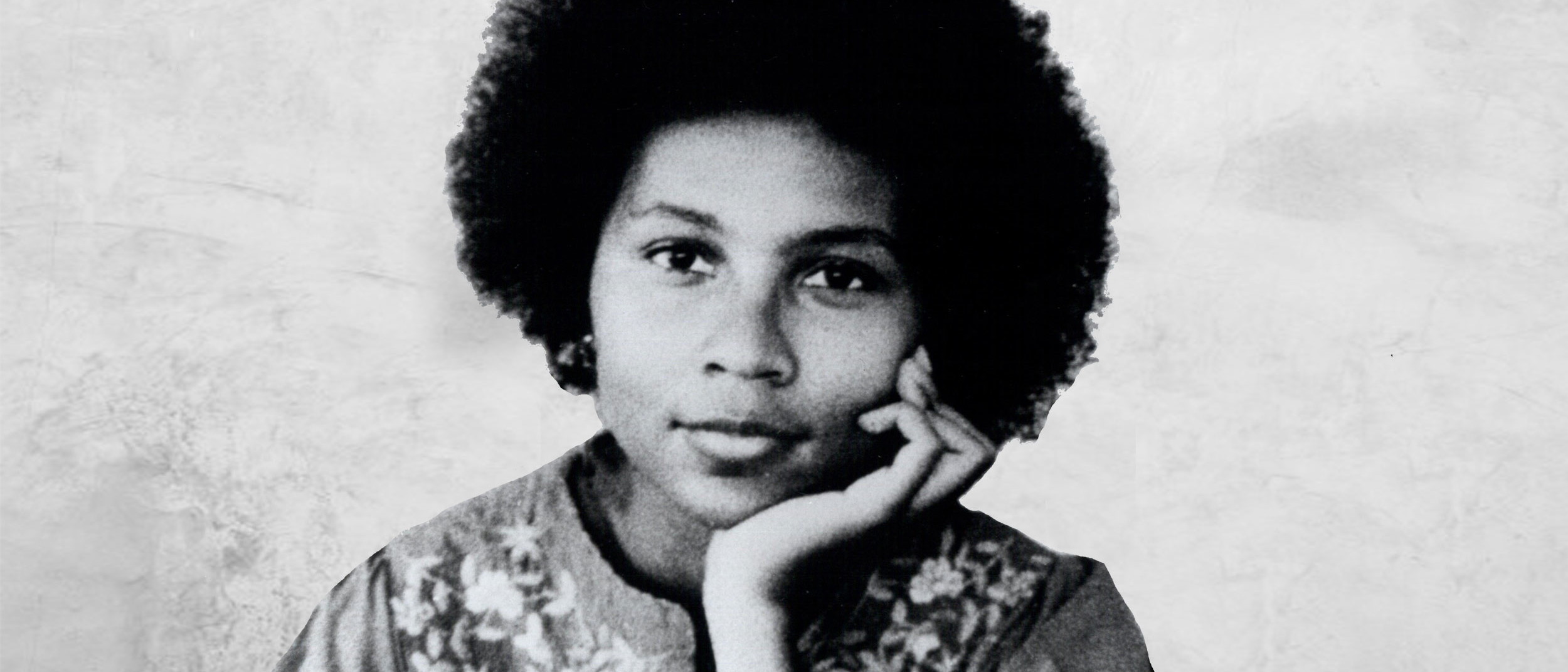
An outspoken professor, author, activist and cultural critic, bell hooks (1952-2021) drew attention to how feminism privileges white women’s struggles, while advocating for a more holistic way of understanding oppression.
Born Gloria Jean Watkins, bell hooks was a child who spoke back. Growing up in a segregated community of the south-central US state Kentucky, she fought against the ways in which her family and society sought to relegate her into a docile, black female identity. This refusal to be complicit in perpetuating her own oppression would define her life and career as a leader in black feminist thought.
It was when she first spoke back in public that she initially identified with her self-claimed moniker. An adult had dismissed her with a comparison to Bell Hooks, her maternal grandmother, in whose bold tongue and defiant attitude she found inspiration. She decapitalised the initials in order for others to focus on the substance of her ideas, rather than herself as a person.
hooks would become a prolific author and commentator. With notable titles including Talking Back, Ain’t I a Woman? and From Margin to Centre, her work scrutinises and challenges the ways in which media, culture and society uphold dominant oppressive structures.
Interlocking oppressions
A popular version of second wave feminism posited that all systems of oppression stemmed from patriarchy. This, hooks rejected. Instead, she introduced the idea that different types of oppression are interlocking and power is relational depending upon where you’re located on the matrix of class, sex, race and gender – which is not unlike the ideas underpinning the currently popular intersectional feminism.
hooks invented the term ‘imperialist white supremacist capitalist patriarchy’ to emphasise the multidimensionality of these power relations. She continues to use it today.
At the time, hooks’ paradigm was considered radical in that it undermined the notion there was a fundamentally common female experience. Many assumed this was vital for feminist solidarity to be forged and political unity maintained. Sisterhood was more complicated than that, hooks said – and to deny the uniqueness of each woman’s status and circumstance was another form of oppression.
Bold and to the point
While coming from academia, hooks strives to make her ideas easily accessible to a broad audience. Her writing style is free of jargon and often humorous, and she regularly appears in documentaries, open venues and television talk shows.
hooks is also renowned for focusing a sharp critical lens on popular culture, showing a strong opposition to political correctness. She’s criticised Spike Lee’s films, media coverage of the OJ Simpson trial and the lauded basketball documentary Hoop Dreams.
She also hasn’t held back her thoughts on prominent feminists.
hooks criticised Madonna for repudiating feminist principles by chasing stardom, and fetishising black culture in her film clips and live shows while reinforcing stereotypes of black men as violent primitives in a 1996 interview.
Twenty years later, she called the pop queen of lady power Beyoncé an ‘anti-feminist terrorist’, citing concern over the influence sexualised images of her have on young girls.
hooks also expressed disappointment Michelle Obama positioned herself as the nation’s ‘chief mum’, saying that by effacing her identity as an Ivy League educated lawyer, she was appeasing white hatred.
Oppositional gaze
Laura Mulvey introduced the theory of the ‘male gaze’ in the ’70s. It explains how images – particularly Hollywood mainstream images – are created to reproduce dominant male heteronormative ways of looking. hooks, who was fascinated with film as the most ‘efficient’ ideological propaganda tool, coined an associated term on black spectatorship: the ‘oppositional gaze’.
Looking has always been a political act, hooks argued. For subordinates in relations of power, looks can be “confrontational, gestures of resistance” which challenge authority. Had a black slave looked directly at a white person of status, they risked severe punishment – even death. Yet “attempts to repress our/black people’s right to gaze had produced in us an overwhelming longing to look, a rebellious desire, an oppositional gaze,” writes hooks.
“By courageously looking, we defiantly declared: ‘Not only will I stare. I want my look to change reality.’”
Black spectatorship of early Hollywood cinema was processed through this oppositional gaze. It was abundantly clear to these viewers, hooks writes, that film reproduced white supremacy. They saw nothing of themselves reflected in this white-washed fantasy realm. Black independent cinema emerged as an expression of resistance.
At the same time, hooks saw television and film as a site where black viewers were able to subject white representations to an interrogative gaze. Carried out in the privacy of the home or in a darkened cinema, this action also carried no risk of reprisal. That black men could look at white female bodies without fear was hugely significant – it was only 1955 when 14-year-old African American Emmett Till was lynched after being accused of offending a white woman in a Mississippi grocery store.
But while black male spectators “could enter an imaginative space of phallocentric power,” the experience of the black female spectator was vastly different, hooks writes. In both white and black productions, the male gaze still overdetermined screen images of women, and frequently idolised white female stars as the supreme objects of desire.
This continued the “violent erasure of black womanhood” in screen culture, making identification with any of the depicted subjects disenabling. While this denied black women the typical joys of watching, the fact that they “looked from a location that disrupted” meant that they could become “enlightened witnesses” through critical spectatorship.
Modern feminism in crisis
Despite the advances of women in the workplace, hooks nonetheless sees today’s feminism in a state of crisis. Firstly, she believes that we still haven’t addressed egalitarianism in the home, leaving women belittled and frustrated in heteronormative relationships.
She also believes that feminism today has lost its radical potential, in that it has converged too closely with radical individualism. Feminism does not mean that as a woman “you can do whatever you want, that you can have it all”, she says. Instead, if you’re to live inside a feminist framework, you need to undertake specific everyday actions. For this reason, hooks believes there are very few true living feminists.
Still, she remains a firm advocate of feminist politics, saying “My militant commitment to feminism remains strong…”
…and the main reason is that feminism has been the contemporary social movement that has most embraced self-interrogation. When we, women of color, began to tell white women that females were not a homogenous group, that we had to face the reality of racial difference, many white women stepped up to the plate. I’m a feminist in solidarity with white women today for that reason, because I saw these women grow in their willingness to open their minds and change the whole direction of feminist thought, writing and action.
This continues to be one of the most remarkable, awesome aspects of the contemporary feminist movement. The left has not done this, radical black men have not done this, where someone comes in and says, “Look, what you’re pushing, the ideology, is all messed up. You’ve got to shift your perspective.” Feminism made that paradigm shift, though not without hostility, not without some women feeling we were forcing race on them. This change still amazes me.
Ethics in your inbox.
Get the latest inspiration, intelligence, events & more.
By signing up you agree to our privacy policy
You might be interested in…
Opinion + Analysis
Relationships
The new normal: The ethical equivalence of cisgender and transgender identities
Opinion + Analysis
Relationships
5 lessons I’ve learnt from teaching Primary Ethics
Opinion + Analysis
Relationships
Enwhitenment: utes, philosophy and the preconditions of civil society
Opinion + Analysis
Health + Wellbeing, Relationships
Male suicide is a global health issue in need of understanding
BY Kate Prendergast
Kate Prendergast is a writer, reviewer and artist based in Sydney. She's worked at the Festival of Dangerous Ideas, Broad Encounters and Giramondo Publishing. She's not terrible at marketing, but it makes her think of a famous bit by standup legend Bill Hicks.
BY The Ethics Centre
The Ethics Centre is a not-for-profit organisation developing innovative programs, services and experiences, designed to bring ethics to the centre of professional and personal life.
Film Review: If Beale Street Could Talk

Film Review: If Beale Street Could Talk
Opinion + AnalysisPolitics + Human RightsRelationshipsSociety + Culture
BY The Ethics Centre 14 FEB 2019
James Baldwin was one of the great American writers of the twentieth century.
His elegant, articulate and keenly perceptive work bore witness to the hostile, day-to-day realities in which African Americans lived, and the psychological implications of racism for society as a whole.
His fifth novel, If Beale Street Could Talk, is no exception. Forty-four years after it was published, Moonlight director Barry Jenkins has adapted it for the screen.
A different type of love story
A hypnotic, visually sumptuous and intimate love story, Beale Street has little of the structure of a traditional romance. The film begins, for instance, with the generic arc of courtship already complete. We first see the two young protagonists – Tish Rivers and her boyfriend Alfonzo ‘Fonny’ Hunt – walking slowly together in a park, their affections clear and perfectly mirrored. Growing up as childhood friends in the Bronx, there was never a time they did not love each other.
The story instead bears testimony to the resilience of love, and the strength it endows those who have faith in it. Here, we witness its many forms arrayed against a vast, malicious and coldly impersonal system which is rigged to destroy black lives and fracture the most precious of bonds.
Barely a minute into screen time, the plot throws Fonny (Stephan James) behind a glass wall. He’s in jail after being accused of rape. To his accuser and certainly the police, his innocence is irrelevant. As a black man, his identity in the white cultural imagination is as a violent savage – he was always-already condemned, regardless of his actions. It is through this transparent barrier that Tish (KiKi Layne) tells him that she is carrying his child.
When the past and present merge
Following this revelation, the story diverges in two interweaving streams of past and present. One, filled with hope and secret joys, sees the young couple come to understand each other as man and woman, while nursing dreams of a future together. In the second narrative, hope is not a simple impulse but an inviolable duty, as their baby swells in Tish’s womb, Fonny’s case stagnates and despair threatens. Each scene is freighted with the viewer’s knowledge that the lovers’ destiny is not their own.
Tish’s tale
This second narrative is also very much Tish’s story, and shifts its focus to a different kind of love. Beale Street is most affecting in its portrait of the Rivers family, who support Tish wholly and will do whatever they must to fight for her and the new life within her. Regina King won a Golden Globe for her portrayal of Tish’s mother Sharon, who embodies a fierce, calm and indominable maternal courage. Her father Joseph (played with a rich, growling warmth by Colman Domingo) and older sister Ernestine (Teyonah Parris) readily take on the role of advocate and defender.
Their unity has its foil in Fonny’s family, the Hunts, who refuse to partake in any struggle they did not ask for. Headed by a spiteful and Godfearing mother, who curses her unborn grandchild and rationalises prison as a place in which Fonny can find the Lord, theirs is a pride born of self-serving weakness. The Rivers’ contrasting pride is one born of unassailable dignity and a determination to act, in spite of the odds arrayed against them.
“What do you think is going to happen?” asks Mr Hunt when Joseph lays out a plan for them to steal from their workplaces to help their children.
“What we make happen.”
“Easy to say,” Hunt protests.
“Not if you mean it,” Joseph levelly responds.
Emotional explotation
Through these characters, Beale Street puts forward the case for love as the single most steadfast bastion against the dehumanising machine of systemic oppression. Those characters without this vital force are vulnerable to emotional exploitation – betraying family and friends to protect themselves. Hunt’s mother sacrifices her son rather than align herself with his fate.
Fonny’s old friend Daniel also deserts him when his words could have saved him, his integrity broken by the terror of returning to a prison that broke him. And Fonny’s accuser is so traumatised, she is locked in a prison of her own pain, insensible and insensitive the suffering of others.
None of these individuals are free. Living in a constant wash of fear without refuge or reprieve has deprived them of their integrity, transforming them into actively complicit agents in the perpetuation of a racist structure. This, Baldwin’s story reveals, is perhaps the most wretched and insidiously effective mechanism of tyranny.
Racial tensions
Daniel is sure that white man is the devil. But Beale Street itself doesn’t espouse this view. At crucial junctures, white allies take risks to intercede against social, economic, police and court racial injustice. A Jewish real estate agent grants the lovers a path to an affordable home. An old storekeeper stands up to a reptilian policeman. And Fonny’s lawyer is a ‘white boy just out of college’.
At two hours, the film is languid and poetic, with gorgeous cinematography by James Laxton. The deliberate slow pacing and the use of frequent close-ups demands of the viewer they recognise the central (and very beautiful) characters as subjects. In a culture which frequently effaces black bodies, fetishises them, or arbitrarily fashions them into villains, these images are quietly radical. The film plays out between the steady gaze of the two lovers, and plays within the gaze of an audience that can’t look away.
Quietly significant too, is the film’s inclusion of moments which are superfluous to the plot, but vital to the immersive legacy of Beale Street. One, impossible to forget: Tish’s parents swaying before a jazz record in the family loungeroom, holding each other close, smiling in the new knowledge of themselves as grandparents to be.
Final thoughts
Opening in Australia on Valentine’s Day, Jenkins’ film is a tender dream of two lovers trapped in a too-real nightmare. It is not difficult to remember that this nightmare still torments the freedoms of racial minorities in America, ‘the land of the free’, and other nations too – whether they characterise themselves as progressive democracies or not.
Ethics in your inbox.
Get the latest inspiration, intelligence, events & more.
By signing up you agree to our privacy policy
You might be interested in…
Big thinker
Relationships, Society + Culture
9 LGBTQIA+ big thinkers you should know about
Opinion + Analysis
Relationships
Metaphysical myth busting: The cowardice of ‘post-truth’
Opinion + Analysis
Relationships
In two minds: Why we need to embrace the good and bad in everything
Opinion + Analysis
Health + Wellbeing, Relationships
The myths of modern motherhood
BY The Ethics Centre
The Ethics Centre is a not-for-profit organisation developing innovative programs, services and experiences, designed to bring ethics to the centre of professional and personal life.
Adoption without parental consent: kidnapping or putting children first?
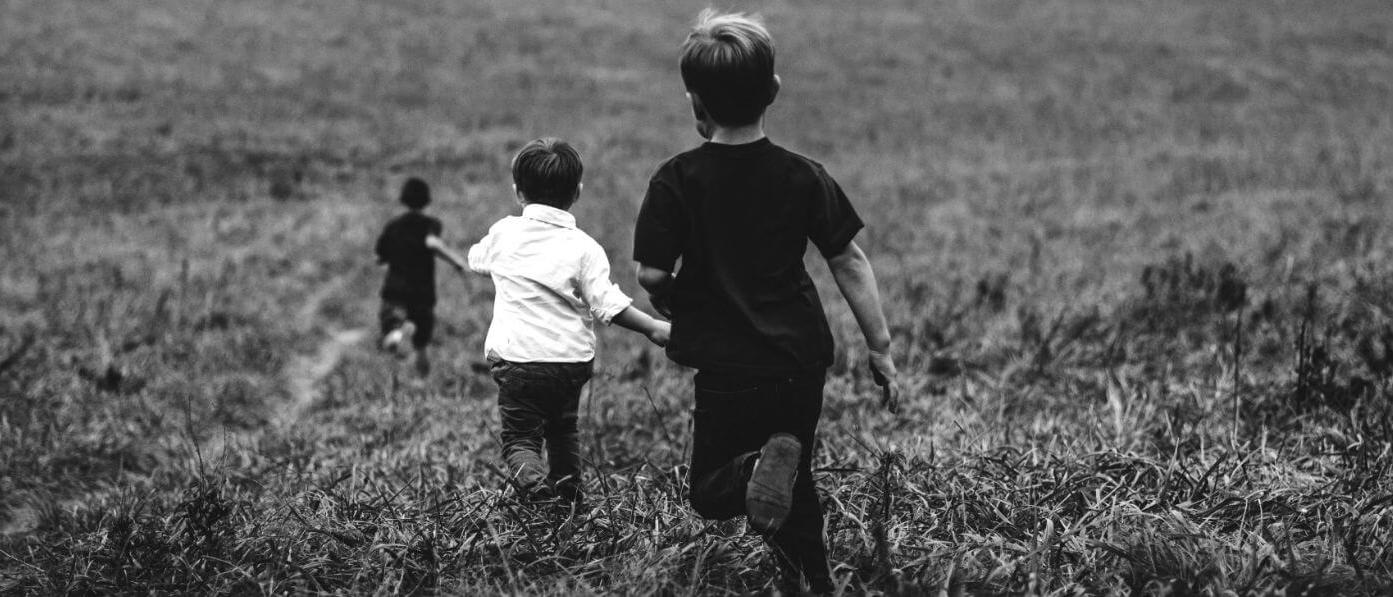
Adoption without parental consent: kidnapping or putting children first?
Opinion + AnalysisPolitics + Human RightsRelationships
BY Oliver Jacques 15 JAN 2019
Adoption without parental consent: kidnapping or putting children first?
Australia’s two biggest states are moving in opposite directions when it comes to adoption. While New South Wales is accused of tearing families apart, is Victoria right to deny children a voice?
A new stolen generation is coming to you soon.
Or so you would think if you read the reaction to recent NSW reforms aimed at making adoption easier.
NSW Parliament has passed new laws placing a two year time limit on a child staying in foster care. After this time, the state can pursue adoption if a child can’t safely return home, even if birth parents don’t agree.
Critical articles across media raised the spectre of another stolen generation.
An open letter signed by 60 community groups said the NSW Government was “on a dangerous path to ruining lives and tearing families apart”. Indigenous writer Nayuka Gorrie tweeted, “Adoption without parental consent is kidnapping”.
But should a parent really have the right to block the adoption of the child they neglected?
Laws prohibit journalists from identifying people involved in child protection cases so media coverage rarely includes the views of children, even after they turn 18. The laws exist to protect vulnerable minors, but such voices could add some balance to the debate and explain why NSW is ahead in putting children first.
Foster care crisis
Out-of-home care adoption – where legal parenting rights are transferred from birth parents to foster parents – is extremely rare in Australia. Last year, there were 147 children foster care adoptions. That’s a tiny fraction of the 47,000 Australian children living in out-of-home care.
Previously, kids could be placed in state care simply because they were born to a single mother or an Aboriginal woman.
These days, child protection workers only remove children if their lives are in danger due to repeated abuse or neglect.
While foster care is supposed to be a temporary arrangement, children on average spend 12 years in care, often bouncing from one temporary home to another.
It’s no surprise more than a third of foster children end up homeless soon after leaving care.
Permanent care instead of adoption
While NSW is trying to make adoption easier, Victoria is not. None of the more than 10,000 children in Victorian state care were adopted last year.
Victorian children who can’t return home are placed in ‘permanent care’, where they remain a ward of the state but are housed by the same foster carers until age 18.
Paul McDonald, CEO of Anglicare Victoria, describes permanent care as a “win-win-win” for children, birth parents and foster carers. He argues it provides stability for children without changing their legal status “so dramatically”.
Ignoring children’s voices
Former AFL player Brad Murphy, who grew up in Victorian permanent care, begs to differ. “From a child’s perspective, you don’t always feel secure in permanent care,” he said. “I longed for adoption. I wanted to belong to my foster parents, I wanted the same surname.”
Victoria didn’t allow him to be adopted by his loving foster carers because his birth father wouldn’t provide consent.
Murphy believes the Victoria Government should give children a say. “When I was 3 years old, I was calling my foster carer ‘Mum’, as I do now at age 33. I always knew what I wanted”.
The other problem with denying children an adoption choice is they continue to belong to the state. “Government were making all the decisions in my life. And like everything with government, it’s never done quickly,” Murphy said.
He often missed out on school camps and excursions because bureaucrats didn’t sign off permission.
Brad was placed in foster care at 16 months of age. Soon after, his mother ‘did a runner’ to Western Australia. His father was in jail for most of his childhood.
“I was never going back to my birth parents. If birth parents don’t make any effort to change their ways, why should the child suffer any longer?”
Case for reform
There are other parents, though, who want to change their ways but support is scarce. Housing, counselling and rehab facilities across Australia are lacking for low income families.
Some argue we should devote more resources toward keeping vulnerable families together, rather than promoting adoption reform.
There is no reason why we can’t do both. Help families where change is possible, but give children a choice when it’s not.
Though separating children from birth parents can prove traumatic, so is constant abuse. Some kids are terrified of their parents and want stability and the feeling of belonging with their new family.
In NSW, caseworkers must ask children what they want, if they’re old enough to understand. Prospective adoptive parents must educate kids about their history and culture. Birth parents can remain connected to children when it’s safe and in the child’s interests.
Overseas studies show adopted children have better life outcomes than those who remain in long term foster care.
Adoption won’t work for everyone, but it could benefit many kids.
Those criticising NSW reforms should also ask the Victorian government why it continues to deny children the basic human right to be heard.
Are you facing an ethical dilemma? We can help make things easier. Our Ethi-call service is a free national helpline available to everyone. Operating for over 25 years, and delivered by highly trained counsellors, Ethi-call is the only service of its kind in the world. Book your appointment here.
Oliver Jacques is a freelance journalist and writer.
Ethics in your inbox.
Get the latest inspiration, intelligence, events & more.
By signing up you agree to our privacy policy
You might be interested in…
Opinion + Analysis
Relationships
Big Thinker: Baruch Spinoza
Opinion + Analysis
Business + Leadership, Politics + Human Rights
Berejiklian Conflict
Opinion + Analysis
Business + Leadership, Politics + Human Rights
Ask the ethicist: If Google paid more tax, would it have more media mates?
Big thinker
Relationships
Big Thinker: Joanna Bourke
BY Oliver Jacques
Oliver Jacques is a freelance writer and tutor based in Griffith, NSW. His writing has appeared in the Sydney Morning Herald, The Guardian, ABC, SBS, Daily Telegraph, Herald Sun, Eureaka Street and The Shovel. He has a Masters Degree in Public Policy at ANU; a graduate certificate in journalism at UTS; and has completed courses in copywriting and search engine optimisation at the Australian Writers Centre.
5 Movies that creepily foretold today’s greatest ethical dilemmas

5 Movies that creepily foretold today’s greatest ethical dilemmas
Opinion + AnalysisRelationshipsSociety + Culture
BY Aisyah Shah Idil 18 DEC 2018
Climate change. Nuclear war. Artificial intelligence. A new pandemic.
According to the non-profit organisation 80,000 Hours, these are the greatest threats to humanity today. Yet the big movie studios have been calling it for decades and were pondering the ethics behind these threats long ago.
1. Planet of the Apes (1968)
Seeing Charlie Heston scream in despair at a shattered Statue of Liberty still spooks the most apathetic viewer. And it’s as shocking a warning against nuclear weapons now as it was in the middle of the Cold War 50 years ago.
In Planet of the Apes, humans are being hunted. The primates they once experimented on have grown into intelligent, complex, political creatures. Humanity has regressed into primitive vermin to either be killed outright, enslaved, or used in scientific experiments. The strict ape hierarchy demands utility over compassion, holding a mirror up to the same vices that led humanity to destruction.
—————
2. 2001: A Space Odyssey (1968)
When a survey of living computer science researchers shows half think there’s a greater than 50 percent chance of “high-level machine intelligence” – one that reaches then exceeds human capabilities – it’s right to be concerned.
2001: A Space Odyssey begins with a jaunty trip to Jupiter. An optimistic team is led aboard by HAL 9000, the ship’s computer, but begin to suspect there’s more to the trip than they’ve been told.
After all, there are two sides to the utilitarian coin. What is murder to us is just programming to a robot.
—————
3. The Matrix (1999)
If reality is a simulation by super intelligent sentient machines, what does any self-respecting hacker do? Start a rebellion.
The Matrix goes even further than 2001: A Space Odyssey. Here, the machines are Descartes’ evil demon, unsatisfied with just killing us. Instead, they mine us for energy to survive, and keep us subservient on a diet of virtual reality. A world of love, work, boring parties, and paying bills occupy us while they use us as slaves.
The point of tension in The Matrix centres around the theory of Plato’s Cave. If you know what everyone is experiencing is an illusion, should you tell them?
—————
4. 28 Days Later (2002)
28 Days Later paints a bleak picture of a world unprepared to deal with the effects of an aggressive pandemic. And it’s not as unbelievable as it may seem. According to 80,000 Hours, the money invested into pandemic research isn’t nearly as much as we need.
From HIV-AIDS, Ebola, and Zika, we’ve seen countries drag their feet over who pays to contain one, or struggle to move people and supplies to where they’re needed.
“When you’re in the middle of a crisis and you have to ask for money”, says Dr. Beth Cameron at the Nuclear Threat Initiative, “you’re already too late”.
—————
5. Children of Men (2006)
What is arguably more important than any of these things is hope. And that’s what our last movie recommendation is about.
After two decades of unexplained female infertility, war, and anarchy, human civilisation is on the brink of collapse. Civil servant Theo Faron has lost all hope as the last generation of his species. Then he meets Kee – an illegal immigrant and the first woman to be pregnant in eighteen years.
The hope for a better future, for a future that is more just and more compassionate, adds intangible meaning to our struggles today. It becomes reasonable to struggle, to suffer, and even to die for this kind of hope.
What makes the hope of today different is that we are now closer to “hypotheticals” than we have ever been.
Are we prepared to turn this hope into action? Effective altruism offers one way to find out.
Ethics in your inbox.
Get the latest inspiration, intelligence, events & more.
By signing up you agree to our privacy policy
You might be interested in…
Opinion + Analysis, READ
Society + Culture
Read me once, shame on you: 10 books, films and podcasts about shame
Explainer
Relationships
Ethics Explainer: Ethics of Care
Opinion + Analysis
Relationships
Who are you? Why identity matters to ethics
Opinion + Analysis
Business + Leadership, Relationships
What makes a business honest and trustworthy?
BY Aisyah Shah Idil
Aisyah Shah Idil is a writer with a background in experimental poetry. After completing an undergraduate degree in cultural studies, she travelled overseas to study human rights and theology. A former producer at The Ethics Centre, Aisyah is currently a digital content producer with the LMA.
Ethics Explainer: Existentialism
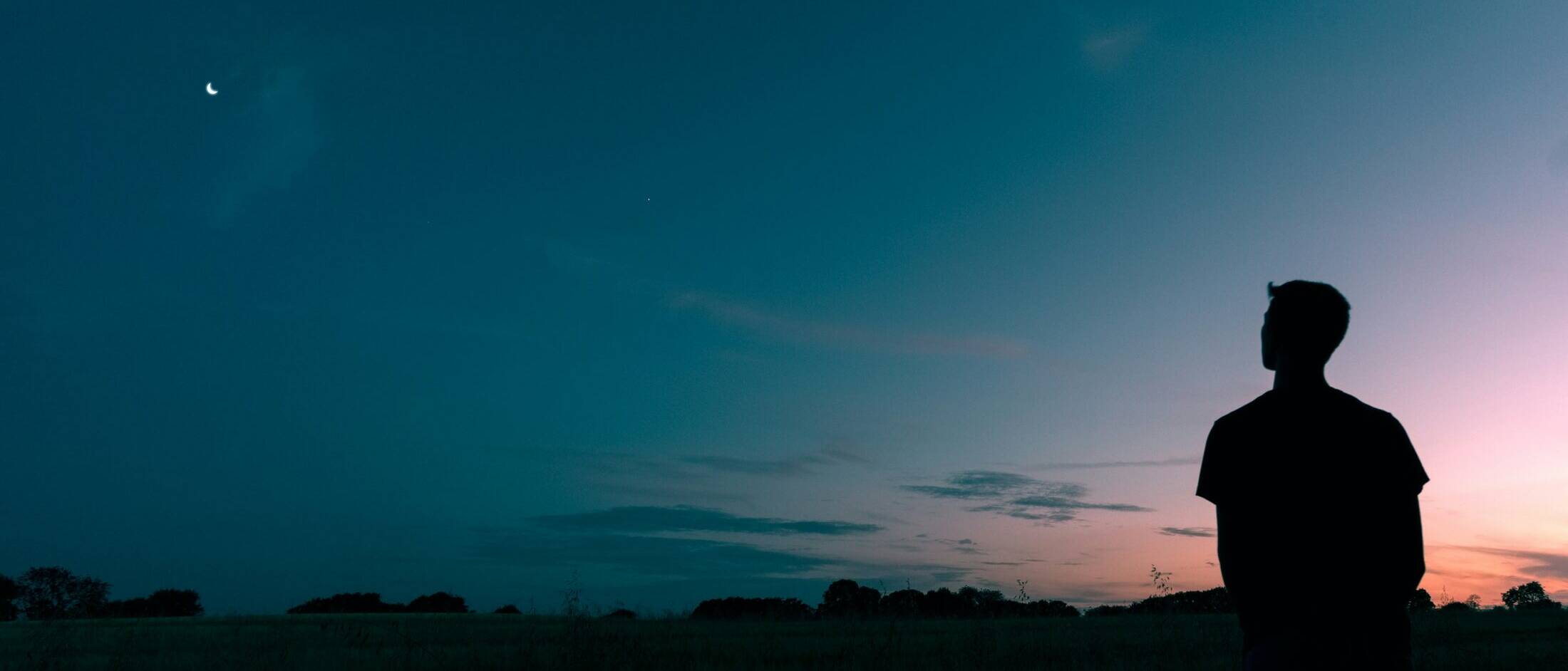
If you’ve ever pondered the meaning of existence or questioned your purpose in life, you’ve partaken in existentialist philosophy.
It would be hard to find someone who hasn’t asked themselves the big questions. What is the meaning of life? What is my purpose? Why do I exist? For thousands of years, these questions were happily answered by the belief your purpose in life was assigned prior to your creation. The existentialists, however, disagreed.
Existentialism is the philosophical belief we are each responsible for creating purpose or meaning in our own lives. Our individual purpose and meaning is not given to us by Gods, governments, teachers or other authorities.
In order to fully understand the thinking that underpins existentialism, we must first explore the idea it contradicts – essentialism.
Essentialism
Essentialism was founded by the Greek philosopher Aristotle who posited everything had an essence, including us. An essence is “a certain set of core properties that are necessary, or essential for a thing to be what it is”. A book’s essence, for example, is its pages. It could have pictures or words or be blank, be paperback or hardcover, tell a fictional story or provide factual information. Without pages though, it would cease to be a book. Aristotle claimed essence was created prior to existence. For people, this means we’re born with a predetermined purpose.
This idea seems to imply, whether you’re aware of it or not, that your purpose in life has been determined prior to your birth. And as you live your life, the decisions you make on a daily basis are contributing to your ultimate purpose, whatever that happens to be.
This was an immensely popular belief for thousands of years and gave considerable weight to religious thought that placed emphasis on an omnipotent God who created each being with a predetermined plan in mind.
If you agreed with this thinking, then you really didn’t have to challenge the meaning of life or search for your purpose. Your God already provided it for you.
Existence precedes essence
While philosophers including Søren Kierkegaard, Fyodor Dostoyevsky and Friedrich Nietzsche questioned essentialism in the 19th century, existentialism was popularised by Jean-Paul Sartre in the mid-20th century following the horrific events of World War II.
As people questioned how something as catastrophically terrible as the Holocaust could have a predetermined purpose, existentialism provided a possible answer that perhaps it is the individual who determines their essence, not an omnipotent being.
The existentialist movement asked, “What if we exist first?”
At the time it was a revolutionary thought. You were created as a blank slate, tabula rasa, and it is up to you to discover your life’s purpose or meaning.
While not necessarily atheist, existentialists believe there is no divine intervention, fate or outside forces actively pushing you in particular directions. Every decision you make is yours. You create your own purpose through your actions.
The burden of too much freedom
This personal responsibility to shape your own life’s meaning carries significant anxiety-inducing weight. Many of us experience the so-called existential crisis where we find ourselves questioning our choices, career, relationships and the point of it all. We have so many options. How do we pick the right ones to create a meaningful and fulfilling life?
“Man is condemned to be free; because once thrown into the world, he is responsible for everything he does” – John-Paul Sartre
Freedom is usually presented positively but Sartre posed that your level of freedom is so great it’s “painful”. To fully comprehend your freedom, you have to accept that only you are responsible for creating or failing to create your personal purpose. Without rules or order to guide you, you have so much choice that freedom is overwhelming.
The absurd
Life can be silly. But this isn’t quite what existentialists mean when they talk about the absurd. They define absurdity as the search for answers in an answerless world. It’s the idea of being born into a meaningless place that then requires you to make meaning.
The absurd posits there is no one truth, no inherent rules or guidelines. This means you have to develop your own moral code to live by. Sartre cautioned looking to authority for guidance and answers because no one has them and there is no one truth.
Living authentically and bad faith
Coined by Sartre, the phrase “living authentically” means to live with the understanding of your responsibility to control your freedom despite the absurd. Any purpose or meaning in your life is created by you.
If you choose to live by someone else’s rules, be that anywhere between religion and the wishes of your parents, then you are refusing to accept the absurd. Sartre named this refusal “bad faith”, as you are choosing to live by someone else’s definition of meaning and purpose – not your own.
So, what’s the meaning of life?
If you’re now thinking like an existentialist, then the answer to this question is both elementary and infinitely complex. You have the answer, you just have to own it.
Ethics in your inbox.
Get the latest inspiration, intelligence, events & more.
By signing up you agree to our privacy policy
You might be interested in…
Explainer
Business + Leadership, Relationships
Ethics Explainer: Moral injury
Opinion + Analysis
Politics + Human Rights, Relationships
Adoption without parental consent: kidnapping or putting children first?
Opinion + Analysis
Relationships
Why hard conversations matter
Opinion + Analysis
Relationships

